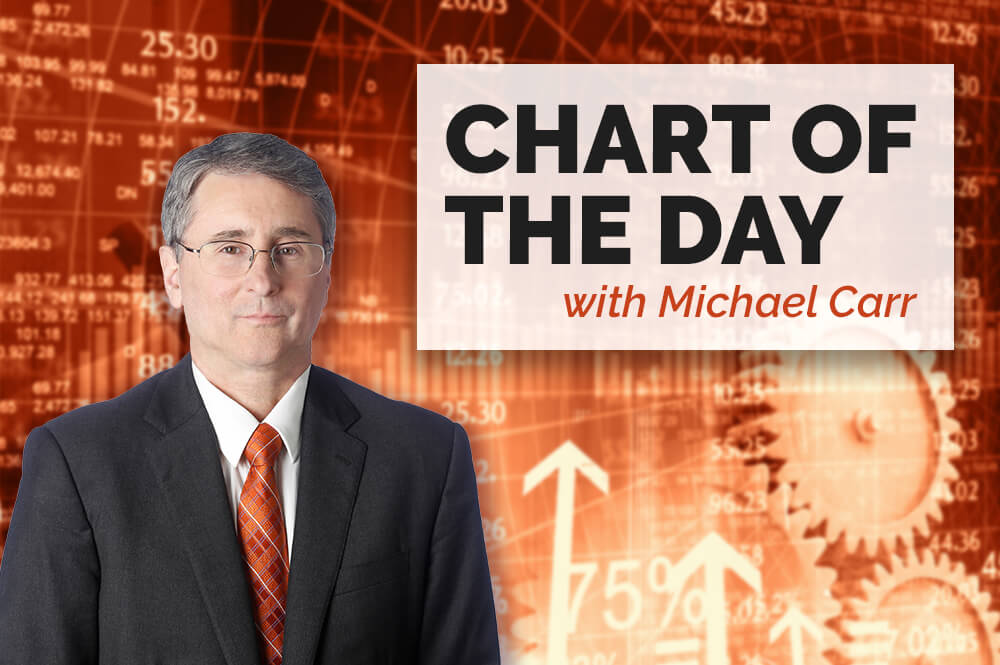Until about 15 years ago, Congress went into recess often. Now recesses are shorter — if they even happen. Senators rarely break anymore to keep the president from making recess appointments.
The Senate’s newfound work ethic nullifies an important market indicator.
A 1997 paper titled, “The congressional calendar and stock market performance,” found:
Almost the entire advance in the market since 1897 corresponds to the periods when Congress is in recess. This is an impressive result, given that Congress is in recess about half as long as in session.
Furthermore, average daily returns when Congress is not meeting are almost thirteen times greater than when Congress is in session.
In other words, Congress usually did more to hurt the economy than it did to help.
But recent data shows that Congress did something unusual as the pandemic reached America. It sent $1,200 stimulus checks and boosted unemployment benefits. This created the unusual chart pattern shown below.
Personal Incomes Didn’t Sink With GDP
Source: The New York Times
Gross domestic product (GDP), the broadest measure of goods and services produced, fell 9.5% in the second quarter of the year. That wiped away nearly five years of growth.
But personal income rose, thanks to Congress.
Its efforts prevented a terrible economy from increasing poverty. Unfortunately, these steps did not stop the coronavirus.
Many cities and states are still locked down to some extent. Hospitals in some cities are still overloaded.
The Chart Above Is Unsustainable
Plans to pause the economy and flatten the curve didn’t work. But the money Congress spent trying to do that is gone.
The chart above is unsustainable. In the long run, economic growth and personal income have to move in the same direction. GDP will take months to recover from the devastating second quarter.
That means unless Congress continues to give money away indefinitely, personal income will drop, and the economy will move deeper into recession.
Some level of government economic support is needed for some time.
In the long run, this is disastrous. But in the short run, it’s bullish for everyone — except future taxpayers, who will need to clean up this mess.
• Michael Carr is a Chartered Market Technician for Banyan Hill Publishing and the Editor of One Trade, Peak Velocity Trader and Precision Profits. He teaches technical analysis and quantitative technical analysis at New York Institute of Finance. Mr. Carr also is the former editor of the CMT Association newsletter, Technically Speaking.
Follow him on Twitter @MichaelCarrGuru.
